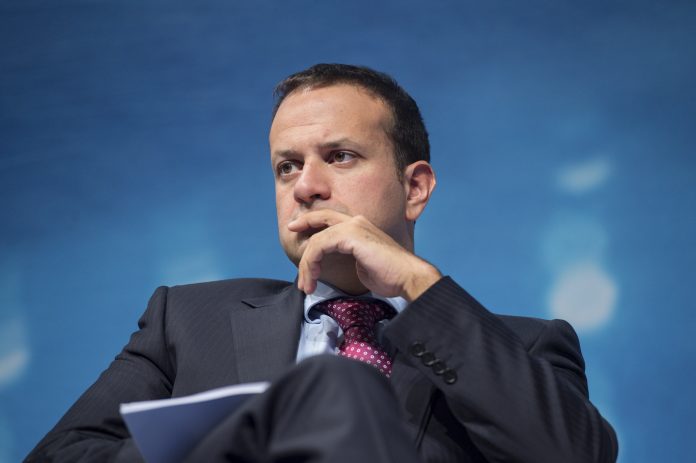Ireland’s Prime Minister Leo Varadkar used two words to describe the result of the December 4 meeting between British and European Union negotiators on Brexit: surprised and disappointed.
The PM sounded clear on his position. He said Ireland could not go into a second phase of Brexit talks without “firm guarantees that there will not be a hard border in Ireland”.
According to Varadkar, the UK had agreed a text that met Irish concerns. But he then learned that the British government was not in a position to conclude “what was agreed”.
As reported by the BBC, the Taoiseach told a press conference in Dublin that earlier on December 4, he had been in touch with EU Commission President Jean-Claude Juncker and EU Council President Donald Tusk and confirmed to both Ireland’s agreement on the form of words about the Irish border.
Varadkar said he had subsequently spoken to Juncker and had been reassured that Ireland’s position was the EU’s position.
The BBC’s Laura Kuenssberg said the deal had been “sunk” by the DUP, which reacted angrily to reports of concessions on the Irish border issue.
May reportedly broke off from talks with Junker to speak to DUP leader Arlene Foster, who had said she would not accept any form of regulatory divergence that separates Northern Ireland from the rest of the UK.
According to the BBC, however, Downing Street sources insist it was not only the intervention by the DUP that meant a deal was not concluded.
In a separate report, Deutsche Welle (DW), Germany’s international broadcaster, noted that a deal preventing a “hard border” from splitting the island of Ireland had collapsed at the last minute.
The draft text on Ireland reportedly stated that the “UK will ensure continued regulatory alignment to the rules of the internal market and customs union which, now or in the future, support North-South cooperation and the protection of the Good Friday agreement”.
The text on Ireland is part of a paper entitled “The Joint Report from the European Commission and the United Kingdom Negotiators on Progress”.
Alongside the Irish border issue, Britain’s financial settlement and EU citizens’ rights are also under contention.

